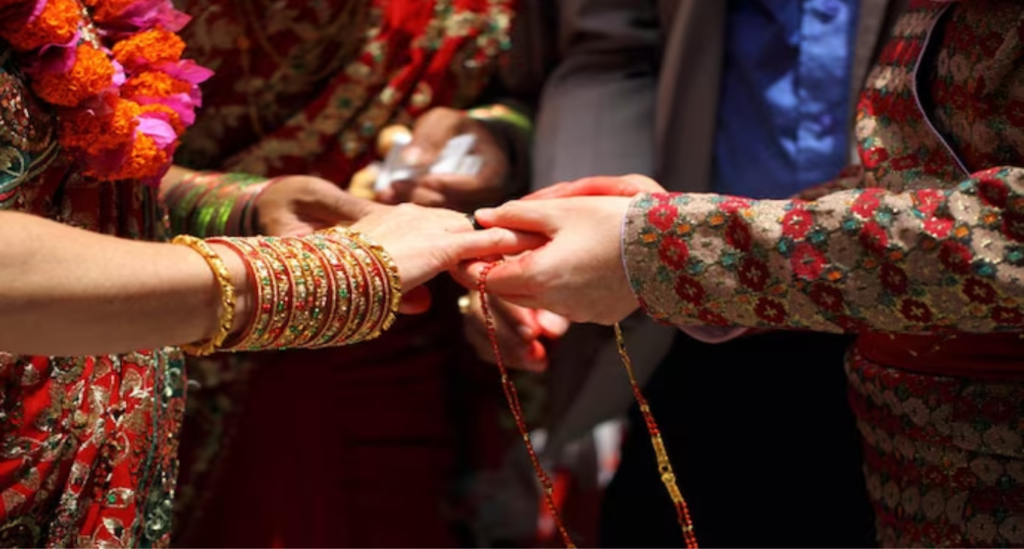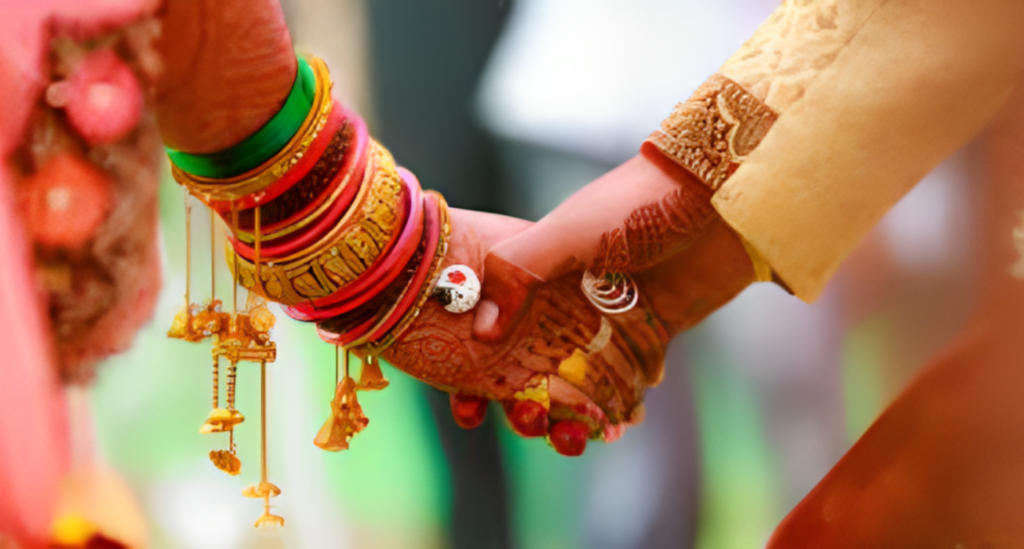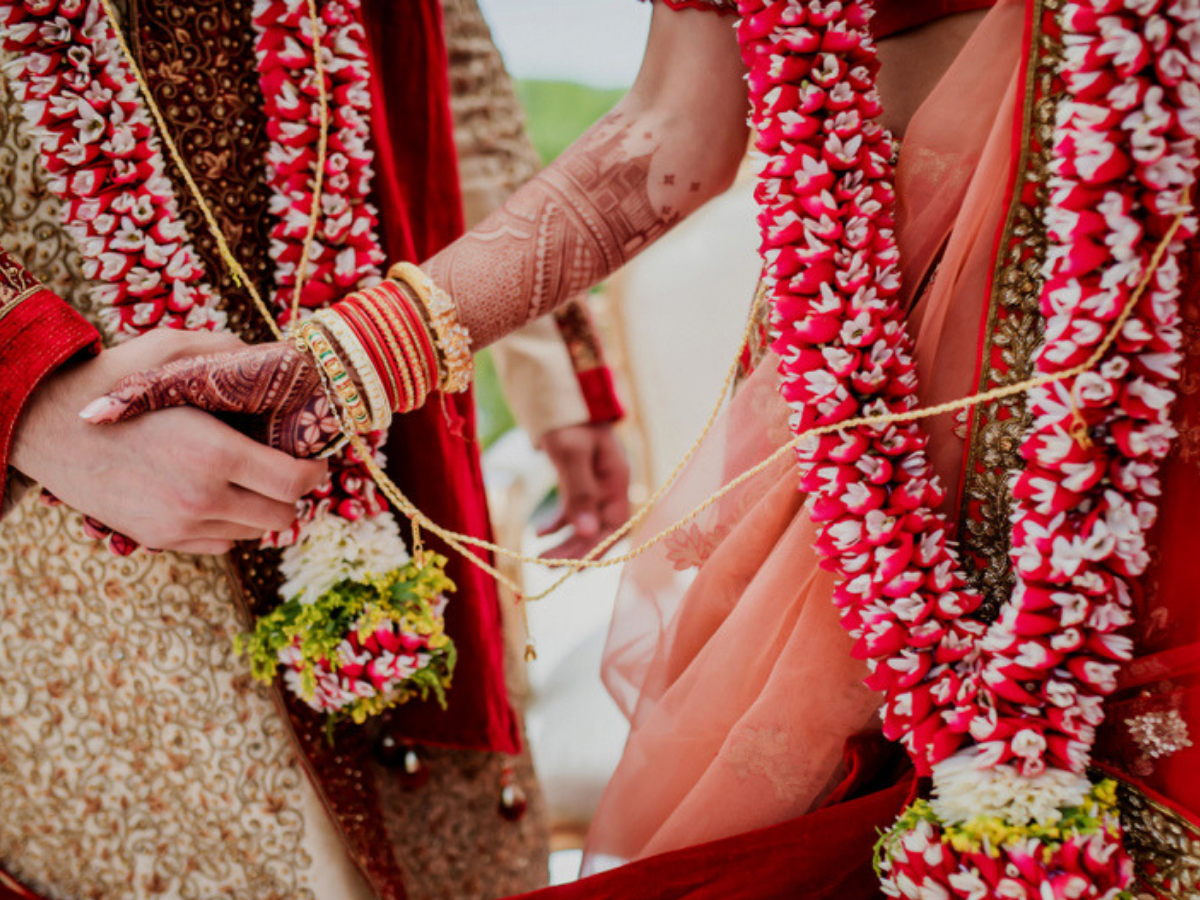This information is from India. On Tuesday, the Indian Supreme Court ruled in opposition to legalizing same-sex marriage in India with a three:2 verdict. They said that it’s far the responsibility of the government and parliament to create such policies. After this verdict, many questions are on our minds. In this editorial, we wanted to cowl what the Indian Supreme Court says about identical-sex marriage and what the authorities’s stance is.
However, whilst discussing this subject matter with many humans, we found out that the controversy isn’t just about whether it should take place or now not, however it’s important to first apprehend what marriage is. What are the marriage acts in India, and how do they influence social rights, entitlements, manage over violence, adoption rights, and civil rights? These are all intricately woven into this complex tapestry.
In this newsletter today, we can speak India’s marriage acts, their relevance, and all the rights related to them. In the following editorial, we can talk the Same-Sex Marriage Verdict.
Marriage in India
Marriage is an essential group in Indian society, symbolizing the union of two people and their families. It is a profound social and cultural exercise that has stood the test of time, evolving over centuries. The criminal framework governing marriage in India plays a crucial role in shaping the rights and obligations of spouses, in addition to influencing social dynamics and individual entitlements. This article explores the felony elements of marriage in India, its significance, and its ramifications on society.
Marriage Acts in India
The criminal framework for marriage in India is various, encompassing numerous acts and guidelines relevant to different communities and private beliefs. Some of the foremost marriage acts in India consist of:
 Hindu Marriage Act, 1955
Hindu Marriage Act, 1955
This act governs the wedding of Hindus, offering suggestions for solemnization, registration, and dissolution of marriage among Hindus. It acknowledges monogamy because the norm and descriptions the rights and responsibilities of spouses.
Special Marriage Act, 1954
The Special Marriage Act applies to marriages among individuals of different religions, or folks that pick out now not to follow any specific faith. It provides a secular framework for marriage, allowing couples to sign in without religious constraints.
Muslim Personal Law
Muslims in India observe Sharia law for marriage. It recognizes the ideas of ‘Nikah’ (marriage) and ‘Talaq’ (divorce) and is governed by means of the Muslim Personal Law Board.
Indian Christian Marriage Act, 1872
This act regulates marriages amongst Christians in India. It prescribes the system for solemnization and registration of Christian marriages.
The LGBTQIA community needed to have the right to marry below the Special Marriage Act. But earlier than we delve into that, permit’s apprehend what the Special Marriage Act is.
Why did India want a Special Marriage Act?

The Special Marriage Act was enacted to deal with the diverse and pluralistic nature of Indian society and to safeguard character rights and picks in the context of marriage. It serves as a felony tool that guarantees that all residents have the liberty to marry the character they love, regardless of spiritual or caste considerations, at the same time as playing the felony protections and advantages that marriage offers.
Interfaith and Inter-caste Marriages
India is a rustic of significant range with diverse spiritual and caste communities. Interfaith and inter-caste marriages were, and in a few places nevertheless are, frequently met with social resistance, own family objections, and every now and then even violence. The Special Marriage Act was had to offer a prison framework for such marriages, making sure that people may want to marry the man or woman of their choice with out dealing with societal or familial pressures.
Freedom of Choice
The Act upholds the principle of personal choice in marriage. It acknowledges the essential right of individuals to pick out their life partners based on their own choices and consent, in place of being constrained with the aid of spiritual or caste obstacles.
Secularism
India is an earthly us of a with a diverse populace that follows numerous religions and castes. The Special Marriage Act promotes the secular nature of the kingdom by presenting a criminal alternative for marriage that isn’t tied to any unique non secular rite. It guarantees that the kingdom remains impartial in subjects of religion and that individuals can marry without converting to a specific faith.
Preventing Forced Conversions
In many cases, individuals were pressured to transform to their associate’s faith to get married. The Act become hard to save you such conversions from happening beneath duress. It guarantees that individuals can marry without being coerced into changing their faith.
Legal Protections
The Act provides criminal popularity to marriages registered under it. This legal popularity guarantees that spouses have various legal rights and protections, along with inheritance rights, property rights, and the right of entry to to social safety blessings. It creates a stable criminal framework for such marriages.
Promoting Harmony and Inclusivity
The Special Marriage Act sends a message of harmony, recognition, and inclusivity. It promotes a spirit of concord and tolerance among numerous non secular and caste agencies. By supplying a criminal pathway for interfaith and inter-caste marriages, it contributes to constructing an extra integrated and harmonious society.
Reducing Social Stigma
Interfaith and inter-caste marriages have often confronted social stigma and challenges. The Act facilitates reduce the societal pressure and prejudice related to such marriages. It encourages a more accepting and open-minded society.
Recognition of Marriage as a Fundamental Right
While the Indian Constitution does not explicitly point out the proper to marry as a fundamental proper, the judiciary has identified it as an intrinsic issue of the proper to existence and personal liberty underneath Article 21. This popular manner that people have the liberty to select their existence companions and marry without interference, concern to affordable regulations.
 The right to marry isn’t always explicitly mentioned as a essential property within the Constitution of India, however it is derived from diverse provisions that shield private liberty and the proper to existence. For example:
The right to marry isn’t always explicitly mentioned as a essential property within the Constitution of India, however it is derived from diverse provisions that shield private liberty and the proper to existence. For example:
Article 21
Article 21 of the Indian Constitution states that "No individual shall be deprived of his existence or private liberty except in keeping with a manner installed through regulation." This has been interpreted by way of the Indian judiciary to encompass the right to marry and set up a circle of relatives.
Article 19(1)(a)
Article 19(1)(a) of the Constitution guarantees the liberty of speech and expression, but it has additionally been interpreted to encompass the liberty to pick out one’s lifestyles companion, as that is taken into consideration a form of expression.
Right to Privacy
The Supreme Court of India, inside the landmark judgment of Justice K.S. Puttaswamy (Retd.) and Anr. Vs. Union Of India And Ors. In 2017, held that the right to privateness is a fundamental right. This property consists of the right to make choices about one’s non-public existence, such as the selection of a lifestyles companion.
It is not absolute and may be concerned with reasonable regulations inside the hobby of public order, morality, and fitness. Additionally, positive marriage-related problems, inclusive of situations for a valid marriage, are regulated through particular marriage acts, as mentioned in advance.
Social Implications and Entitlements
Marriage acts in India bestow numerous rights and obligations upon married couples, inclusive of inheritance, joint assets, and the right to renovation. These legal guidelines additionally impact societal dynamics, specially in phrases of girls’s rights and safety. For instance, the Hindu Marriage Act has provisions for alimony, while the Special Marriage Act emphasizes equality between spouses in terms of property and renovation.
Adoption Rights
Marriage acts also play a critical role in regulating adoption in India. Couples married beneath those acts are regularly given priority within the adoption method, which is vital in presenting a stable family environment for orphaned or abandoned children.
Marriage acts in India, together with the Hindu Marriage Act, Special Marriage Act, and others, goal to be extra gender-impartial and uphold principles of equality within the context of marriage. However, there are positive aspects in those acts where gender-primarily based differences exist. Here’s an outline of the gender dependency and rules based totally on gender in marriage acts.
Gender-Neutral Provisions
Consent:
Marriage acts generally require free and knowledgeable consent from each parties, irrespective of their gender. This principle upholds the concept of equality and private choice in marriage.
Minimum Age:
Marriage acts frequently specify a minimum felony age for marriage for each women and men, aiming to prevent baby marriages.
Provisions for Spousal Support:
In instances of divorce or separation, these acts offer for spousal aid and preservation, that could practice to either the husband or the wife, depending on their monetary circumstances.
Grounds for Divorce
The grounds for divorce in these acts are frequently gender-neutral. Either partner can are seeking for divorce on grounds which include cruelty, adultery, or abandonment.
Gender-Based Distinctions

Matrimonial Property Rights
While the Hindu Marriage Act acknowledges the principle of joint ownership and same rights to matrimonial property, conventional customs and practices can once in a while cause unequal sharing, specially affecting girls’s property rights.
Maintenance and Alimony
While the concept of spousal help is gender-neutral, in exercise, women have frequently been the recipients of maintenance payments because of economic disparities.
Custody of Children
Marriage acts recollect the welfare of the child as paramount while determining toddler custody. However, there has been a gender bias in some instances, with maternal custody being the extra common exercise.
Dowry
While dowry is illegal underneath the Dowry Prohibition Act, it still prevails in a few parts of the us of a, regularly placing monetary stress on the bride’s own family.
In recent years, there were efforts to make marriage acts extra gender-neutral and to sell gender equality. The idea of gender equality is emphasised in various judgments by the Indian judiciary. Additionally, the Supreme Court of India, in more than one landmark judgments, has taken steps to ensure that women have equal rights in marriage and to save you gender-based totally discrimination.
While there is progress closer to making those laws more gender-neutral, challenges stay of their effective implementation and in changing deep-rooted social norms and practices However, inside the Same-Sex Marriage Act, they noted that it is the authorities’s obligation. In the upcoming editorial, we can speak this in more element, considering diverse viewpoints. We will also try to contact the Indian group to collect some views in this verdict.
Conclusion
The criminal framework surrounding marriage in India is ever-evolving, adapting to the changing social material and the needs of modern society. While those laws continue to play a widespread role in regulating non-public relationships, belongings, and inheritance, they are increasingly being challenged to cope with problems of gender equality and societal alterations.
The recognition of marriage as a fundamental right, coupled with revolutionary amendments in diverse acts, emphasizes the relevance of those legal guidelines in contemporary India, as they strive to stability culture with modern values and expectancies. The persisted communicate and reform on this vicinity are important to ensuring that marriage legal guidelines align with the evolving dynamics of Indian society.








